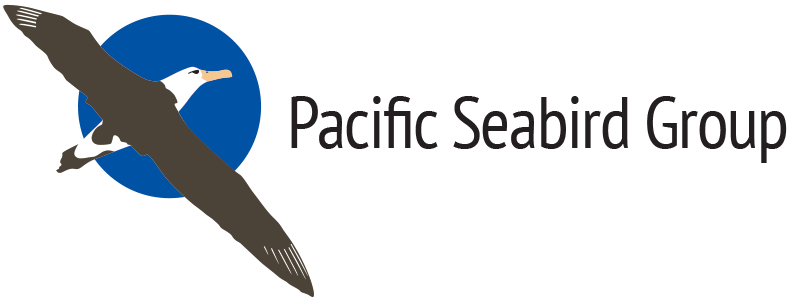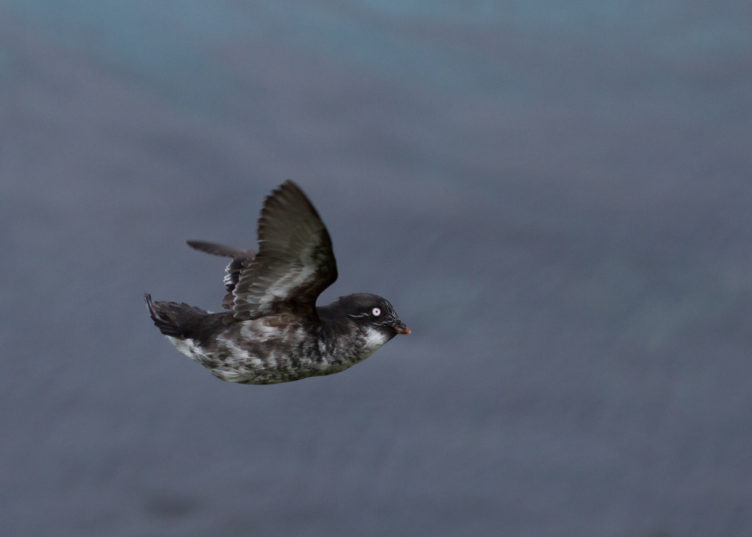Job Opening: Marine Birds and Mammals Postdoc (WA)
We anticipate hiring a postdoctoral scientist to (1) develop hierarchical distance sampling models for pinniped populations in the Salish Sea, and (2) estimate detectability for aerial surveys of overwintering sea ducks in the same region. Deadline to apply: 6/10/2020.
POSITION: Postdoctoral Scientist
SALARY: $60,000/year or more commensurate with experience, plus benefits
EMPLOYMENT PERIOD: 18 months (with possibility of extension pending funding)
APPLICATION DEADLINE: June 10, 2020 or until filled
LOCATION: University of Washington, Seattle, Washington START DATE: Summer 2020
WEBSITE: http://depts.washington.edu/sefsqel/postdoctoral-scientist/
SUMMARY AND BACKGROUND: The postdoctoral scientist will work closely with scientists and managers at the Washington Department of Fish and Wildlife, in addition to the principal investigators, Drs. Beth Gardner and Sarah Converse, at University of Washington. The postdoctoral scientist will lead all aspects of the project on a day-to-day basis. Multiple boat and aerial surveys for marine birds and mammals occur throughout the year in the Salish Sea. One part of this position will focus on developing hierarchical models for pinniped populations based on 3 different surveys running from around 2000 – present. If possible, the work would also incorporate telemetry data into the models to account for availability. The main objective is to evaluate potential hot and cold spots in relative density of pinnipeds for use in spatial planning and management. A second part of this position will focus on addressing survey design questions to improve sea duck monitoring in a long running aerial survey in the Salish Sea. The work will focus on analysis of data from plane-mounted cameras deployed during aerial surveys, with the goal of estimating detectability of sea ducks in winter surveys and integrating these estimates into the analysis of sea duck survey data. Aerial survey data are critical for estimating abundance and for investigating recent negative population trends in hunted sea ducks.
TO APPLY: Applicants should email (in a single pdf document): (1) a letter describing background and interests – the letter should address specifically how the applicant meets both the minimum requirements and the desired abilities, (2) curriculum vitae, (3) a technical writing sample, and (4) the names and contact information (phone, email, address) for 3 references to Beth Gardner (bg43@uw.edu). For further information, contact: Beth Gardner (bg43@uw.edu, 206-685-9995, depts.washington.edu/sefsqel) or Sarah Converse (sconver@uw.edu, 206-221-5791, depts.washington.edu/qcons).
MINIUMUM REQUIREMENTS: 1. Ph.D. in biology, ecology, or related field, with a focus on quantitative methods. 2. Experience with distance sampling, study design, or hierarchical models. 3. Demonstrated proficiency with R and excellent programming skills. 4. Demonstrated desire and proven ability to publish in peer-reviewed journals. 5. Excellent written and personal communication skills. 6. The ability to work both independently and collaboratively, and the ability to meet deadlines.
DESIRED ABILITIES: Competitive candidates will have a strong background in development of hierarchical models for analysis of demographic data and will have experience with statistical models designed to account for imperfect detectability in large surveys. Desirable skills and abilities include: experience with marine ecology, Bayesian analysis, spatial data in R or GIS, and working with management agencies.






